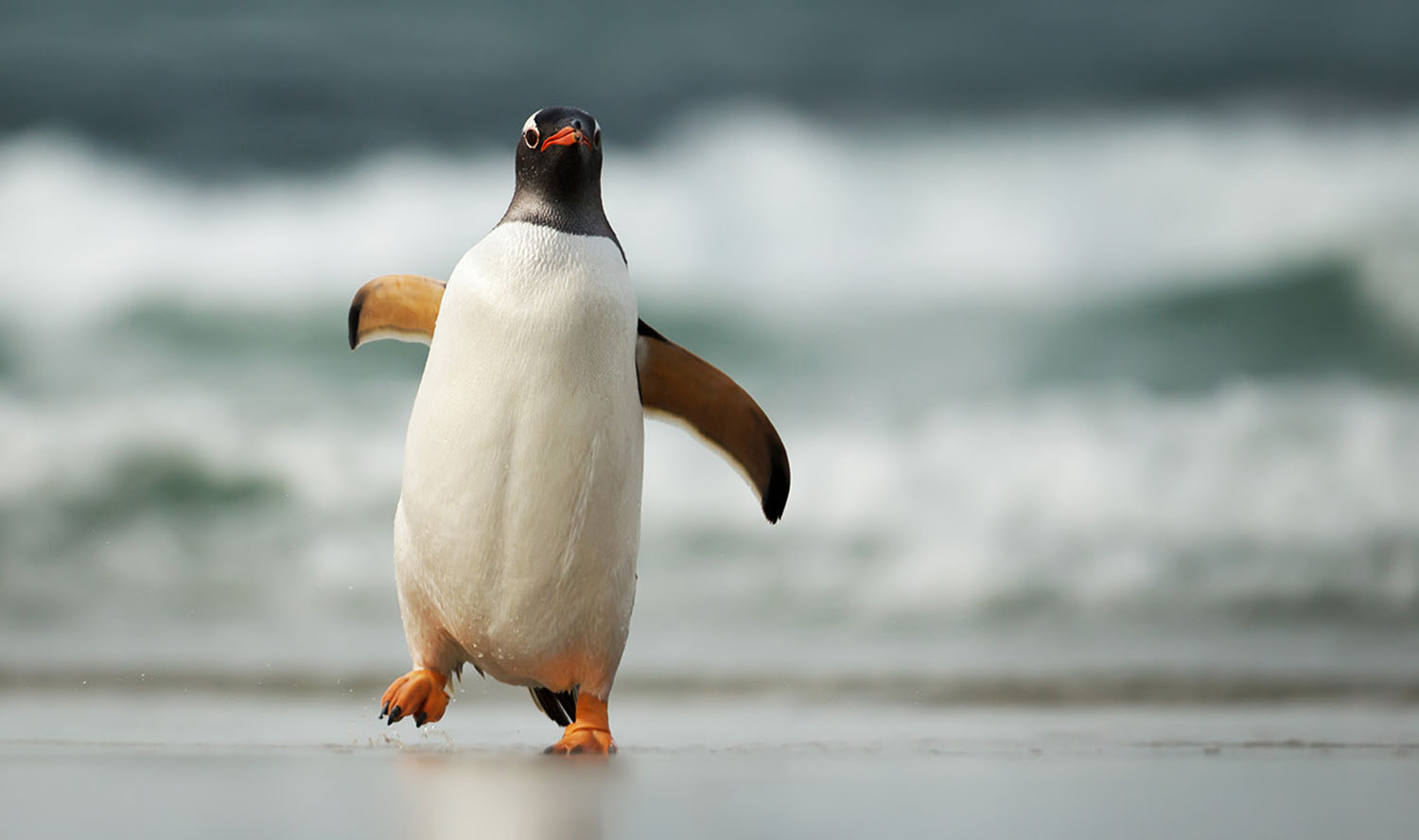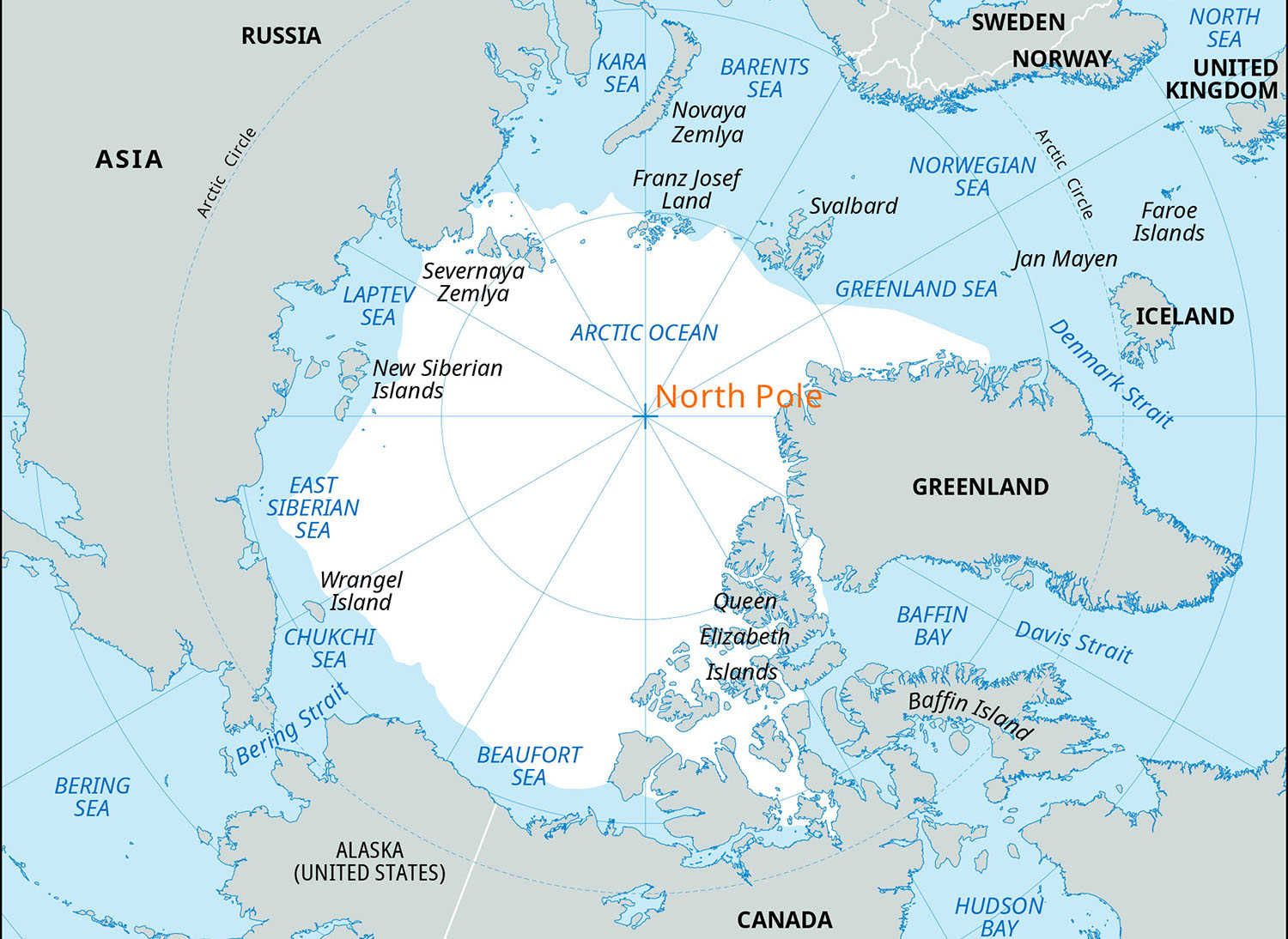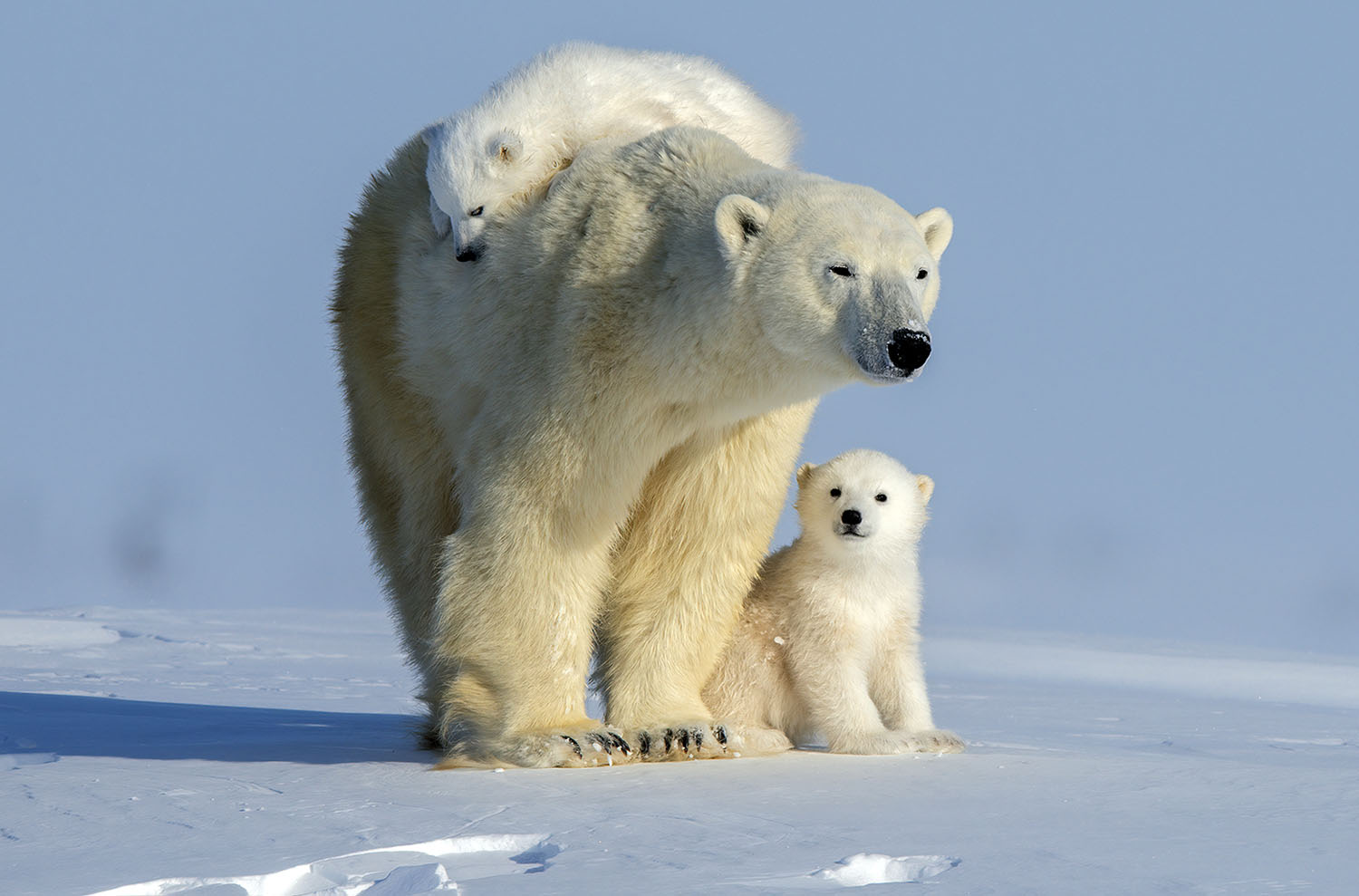Why Polar Bear Fur Doesn’t Freeze
Polar bears swim on the coldest of days. So why doesn’t their fur freeze? Scientists have the answer.
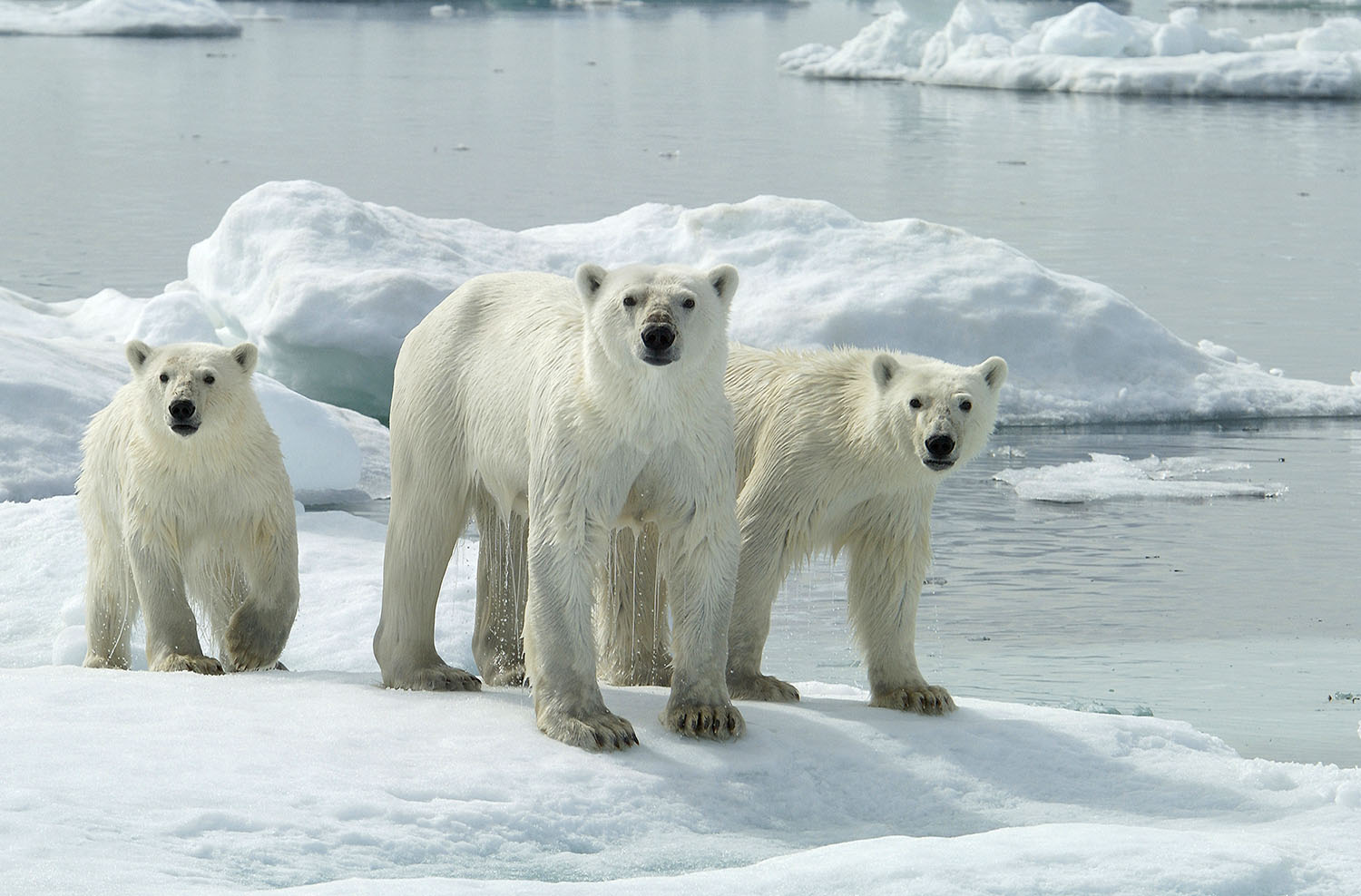
© Dennis Fast—VWPics/Getty Images
These bears will drip dry!
If you were to go outdoors with wet hair on a really cold day, your hair might freeze. That’s true of most mammals. But polar bears are different. Their fur doesn’t freeze, even after they’ve been diving in icy waters. In a new study, scientists found out why.
Scientists in Norway studied polar bear fur to see what kept it from freezing. At first, they thought there might be something in the structure, or makeup, of the fur that prevented it from freezing. But there wasn’t anything unusual about the way the fur looked under a microscope. The scientists did notice something else, though—the fur was very greasy. So they washed the grease out of the fur and then wet the fur and tried freezing it. Without the grease, the fur froze.
Now that they knew the grease was responsible for the fur’s anti-freezing properties, scientists looked at the molecules that make up the grease. They found that the grease has high levels of certain chemical compounds that don’t freeze easily because ice doesn’t stick to them. Ice sticks easily to a compound called squalene, but the grease on polar bear fur does not have this compound.
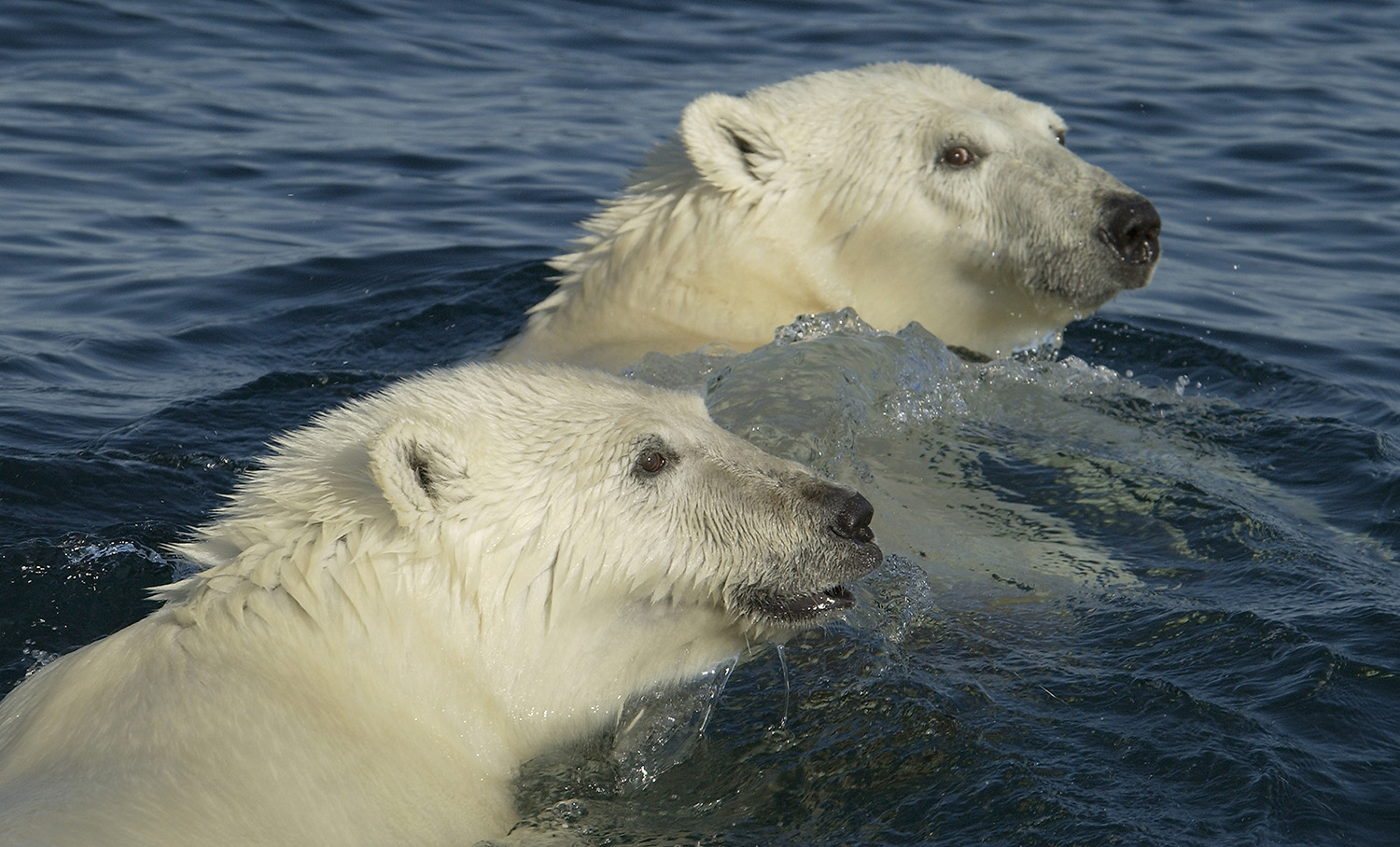
© Dennis Fast—VWPics/Getty Images
Does that mean human hair won’t freeze if it’s greasy? Curious to find out, one of the scientists did not wash his hair for a week. Although it became greasy, the hair froze as easily as it did when it was clean.
“[That scientist] tested the anti-icing properties and could see very clearly that human hair, whether you wash it or not, isn’t very good at anti-icing,” scientist Bodil Holst told National Public Radio.
Scientists say it’s useful to know what prevents polar bear fur from freezing. It could lead to the development of new products for de-icing (preventing ice on) items such as airplanes and road signs. Existing de-icing products can be harmful to the environment.

